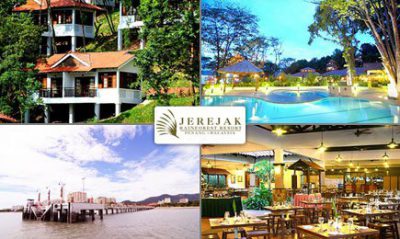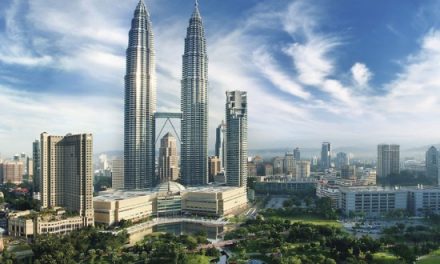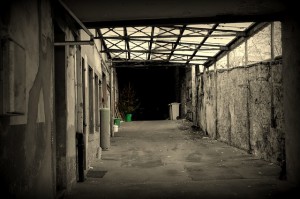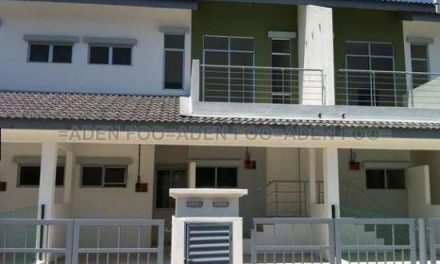UDA JV to redevelop Pulau Jerejak resort
UDA Holdings Bhd has entered into a JV agreement with Q Islands Development Sdnto Bhd (QID) to redevelop Jerejak Rainforest Resort & Spa and its surrounding 80 acres of land into a mixed development. The project will have a bridge linking Pulau Jerejak to the main Penang island, 1,200 residential units, a theme park, a marina, four- and five-star hotels, and a 11.5km cycling track, among others. Redevelopment work is expected to start in the fourth quarter next year, and completed within 8 to 10 years. The resort was closed in May this year after accumulating “heavy losses” since establishment in 2004. UDA did not disclose the cost of redeveloping the property. (The Sun Daily)
WCT to announce key changes, business direction
WCT Holdings Bhd is expected to make an announcement “very soon” on key management changes and business direction, sourced said. WCT announced last week that its two founders and major controlling shareholders had disposed of their 19.7% stake for an undisclosed amount to Tan Sri Desmond Lim, chairman of Pavilion REIT and Malton Bhd. The move would likely pave way for new changes and direction in the company, especially in terms of operations cost and efficiency. (New Straits Times Online)
DBKL questions failure to start 80% of approved building projects
About 170 developers who have obtained development orders (DO) from DBKL for their projects but fail to start construction within six months now risk losing their deposits worth millions of ringgit. The DOs were awarded in September last year, and until August this year, over 80% had yet to start work. Projects are supposed to commence within 6 months after the DO is awarded, but many developers have failed to do so. If they fail to start work within the next 6 months, they not only risk losing 50% of the DO discount, but also withdrawal of the DO. DBKL enforcement will be strict as it did not want developers to end up selling off the projects. (The Star Online)
Penang urged to stop hill slope and reclamation projects after flash floods
A local NGO has called on the Penang state government to stop all hill slope and land reclamation projects following the flash floods in the state, and to look into the cause. Pertubuhan Warisan Tanah and Teroka Bandar (Teroka) advisor Yaakob Omar said state government must find ways to resolve the recent flash floods and landslides incidents in the state, due to “uncontrolled development”. He pointed out that the muddy flood waters were proof that the flood were due to water from cleared hill slopes, which did not have trees as a natural buffer zone, while land reclamation at seafront areas had caused severe siltation that disrupted water flow. (Malay Mail Online)
Bank Negara’s international reserves at RM405.5bil
The international reserves of Bank Negara Malaysia (BNM) stood at RM405.5 billion as at Oct 31, 2016. BNM said the reserves position was sufficient to finance 8.4 months of retained imports and was 1.2 times the short-term external debt. The main components of the international reserves were foreign currency reserves (US$89.9 billion), International Monetary Fund reserves position (US$0.8 billion), Special Drawing Rights (SDRs) (US$1.1 billion), gold (US$1.6 billion) and other reserve assets (US$4.4 billion). The central bank’s assets included gold and foreign exchange and other reservers including SDRs, Malaysian government papers, deposits with financial institutions, loans and advances, land and buildings and other assets. (Astro Awani)
Malaysia needs to prioritse real economy, says economist
Malaysia needs to prioritise its real economy and not just finance, says economist Prof Jomo Kwame Sundaram of the Institute of Strategic and International Studies (ISIS). The nation needs to pay more attention to real economic indicators such as the future of agriculture as well as de-industrialisation. He pointed out that it was worrying that the country is de-industrialising in terms of the share of the economy that is contributed by manufacturing and the fact that fewer workers are working in manufacturing. He also questioned the nature and value of the growing services sector, saying that it did not necessarily add to the economy. (Malay Mail Online)





